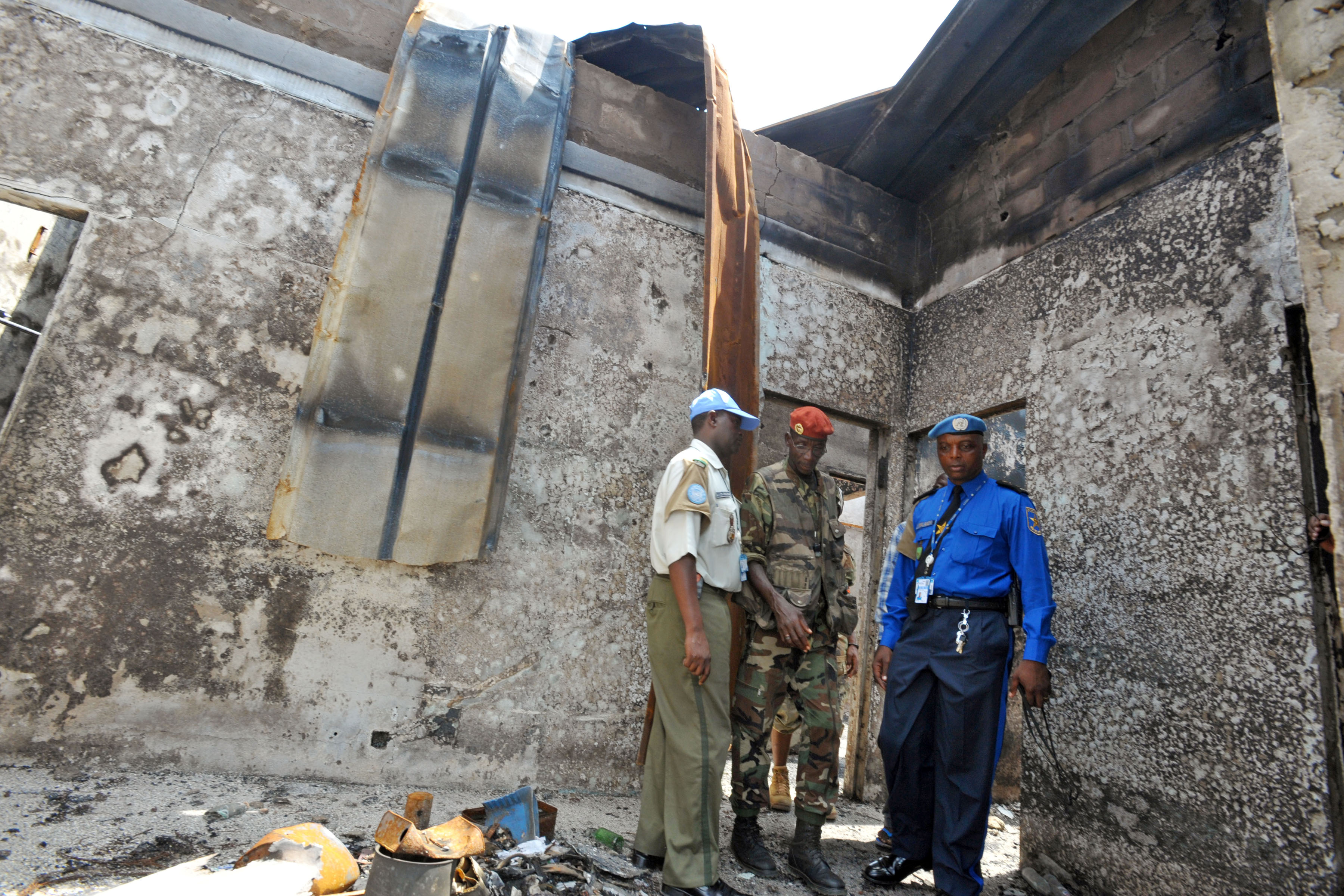
New Simulation in 2017 and Other Exciting Developments at AMUN

Though AMUN 2016 is just a few weeks away, we are starting to plan for AMUN 2017, including our simulations. The full line-up of 2017 simulations will be out in the next week, but we want to preview a couple of the upcoming changes now. In 2017, we will be changing our simulations line-up in a few big ways to expand the range of our offerings, to keep AMUN up-to-date with the latest shifts at the United Nations and to keep AMUN at the forefront of innovation in realistic simulations of the United Nations. We are adding a new simulation (Historical Commission of Inquiry), and replacing and altering a few of our other simulations.
New Simulation: Historical Commission of Inquiry (COI)
Next year, we will launch a Historical Commission of Inquiry (COI) simulation. Commissions of Inquiry are groups of experts who investigate specific situations at the request of the Security Council. They typically focus on issues of peacekeeping, conflict resolution and breaches of international law. Real-world Commissions investigated the 2005 assassination of Rafik Hariri in Lebanon, genocide in Darfur and violations of the ceasefire in Jammu and Kashmir.
At AMUN, the simulation will be composed of 10 individuals who serve as independent experts (not government representatives). These individuals will, however, be assigned a country affiliation, which reflects real-world practice. The Commission will develop two reports on two major international crises. Some countries will be assigned to the body and selected during the 2017 Country Lottery; we will accept individual applications for the remaining seats. We hope that this will create a new opportunity for smaller delegations and non-P5 countries to participate in an immersive simulation. This simulation will be run by our Simulations Staff, so participants can expect some twists and turns during their investigations.
Major United Nations conference replaces GA Fourth
In 2017, the General Assembly Fourth Committee will be replaced by a major United Nations conference or summit, such as Rio+20 or Habitat III. Increasingly, the United Nations is using these major ministerial-level summits to discuss the most pressing items on the international agenda.
This simulation will be similar to the existing GA Committees: it will have universal membership, will write resolutions and will use the existing General Assembly rules. The resolutions will cover a portion of the agenda from the conference or summit. Fans of the Fourth and Sixth Committees shouldn’t worry: we will still simulate them—just not every year.
Expert Groups join the ECOSOC line-up
In 2017, we will be adding Expert Groups as report-writing bodies under ECOSOC. Expert Groups provide the United Nations and Member States with the expert advice of non-state actors on questions of mutual interest. Expert Groups are composed of government-nominated individuals who serve in their personal capacity rather than reflecting the positions of the state.
At AMUN, Expert Groups will replace either the regional or functional commission in a given year. Twenty-four Member States will be assigned to the body prior to the Country Lottery and will be selected in the lottery process; you will see which States are assigned to the Expert Group on the Lottery form.
This move reflects the changing role of ECOSOC commissions at the United Nations. Over the last few years, ECOSOC has wound down a few of its thematic commissions, such as the Commission on Sustainable Development. Several regional and functional commissions have become largely single-topic bodies: for example, the Commission on Population and Development. At the same time, Expert Groups reflect the growing involvement of the private sector and civil society in the United Nations’ work.
Where’s ECOSOC?
In 2016, we changed ECOSOC from an annual simulation to a 3-4 year rotation of medium-sized United Nations bodies, including ECOSOC. The number of viable ECOSOC topics remains limited and ECOSOC’s role at the United Nations has been steadily declining in recent years, while there have been an increasing number of exciting discussions elsewhere in the United Nations system. This year, we are simulating the Human Rights Council instead of ECOSOC. We will have another new, medium-sized simulation for 2017. ECOSOC fans shouldn’t despair, though. ECOSOC will make a reappearance in 2018 or 2019.
We will continue to convene one plenary session of ECOSOC in the years when it is not simulated, so our simulations that report to ECOSOC may complete the reporting process. This body will meet on Tuesday afternoon of the Conference. If you are representing a Member State that is seated on ECOSOC in 2016, you will be hearing from us shortly about the mechanics of this simulation.
Questions
Lots of changes, right? We are excited about the possibilities these new simulations will offer, and we hope you will be too. We think they will enhance your Model United Nations experience, and our staff is ready to assist with answering any questions you may have about the changes and how they might affect your country-selection for 2017 or your preparations. Contact us at mail@amun.org or join us at the Committee on the Agenda meeting at Conference for more information.
Keep Up With The Accords
More to read
The AMUN Accords is a premier resource for fact-based Model United Nations simulations. We are always looking for new contributors. Want to write for the AMUN Accords? Check out out the submission guidelines and then get in touch!




